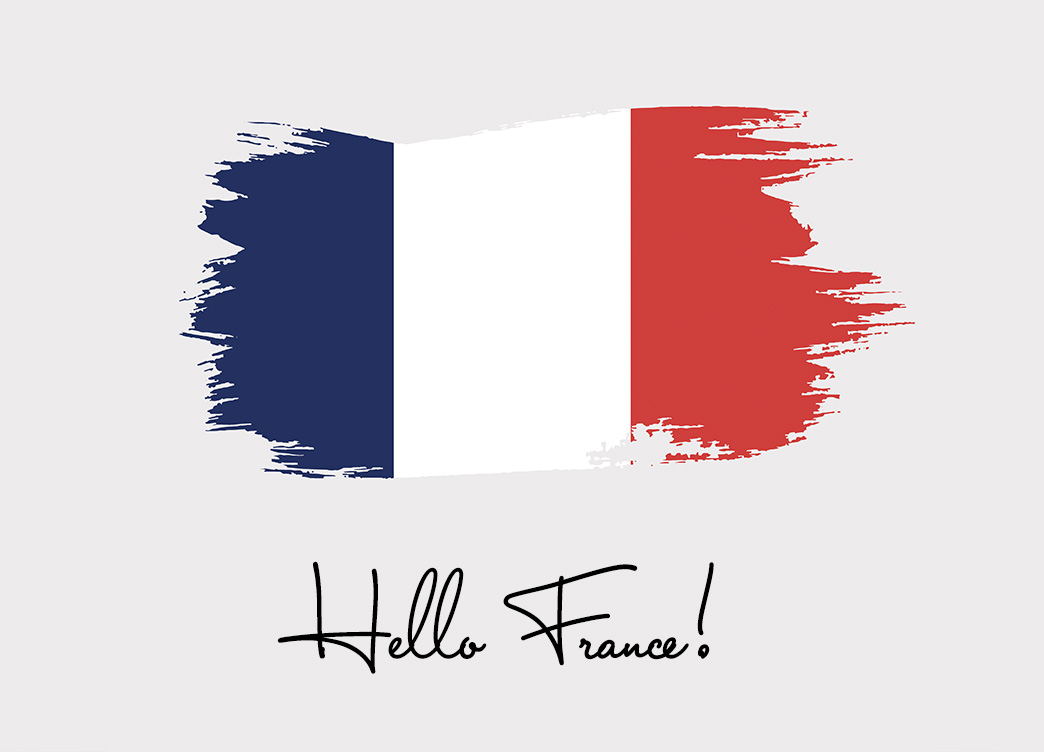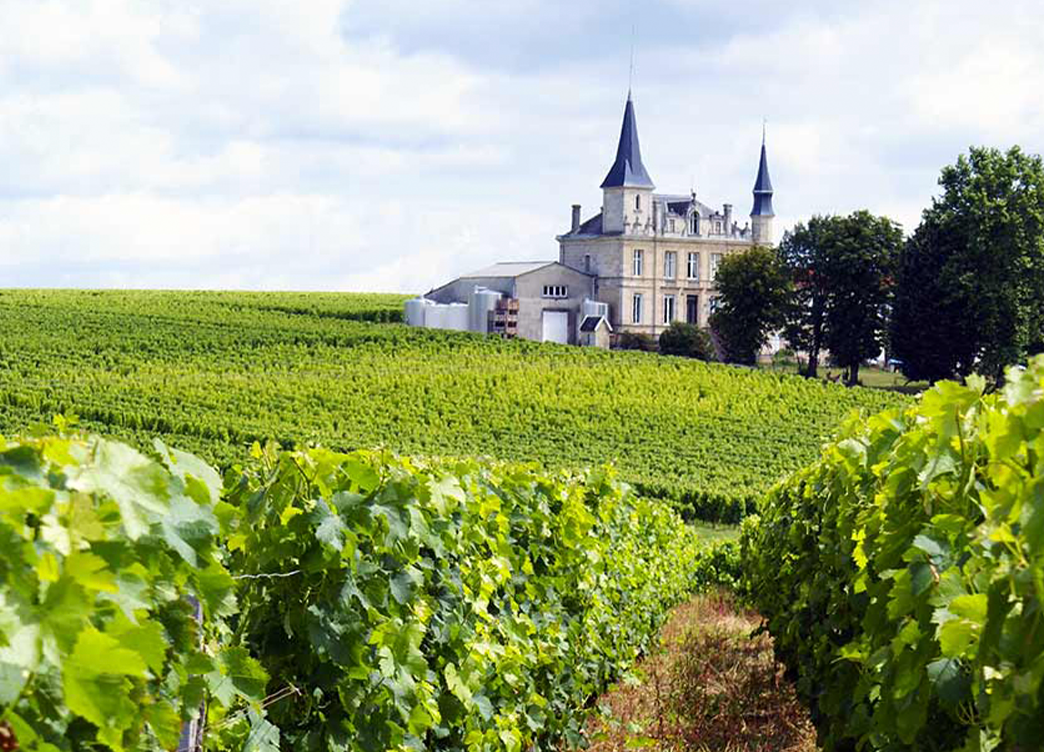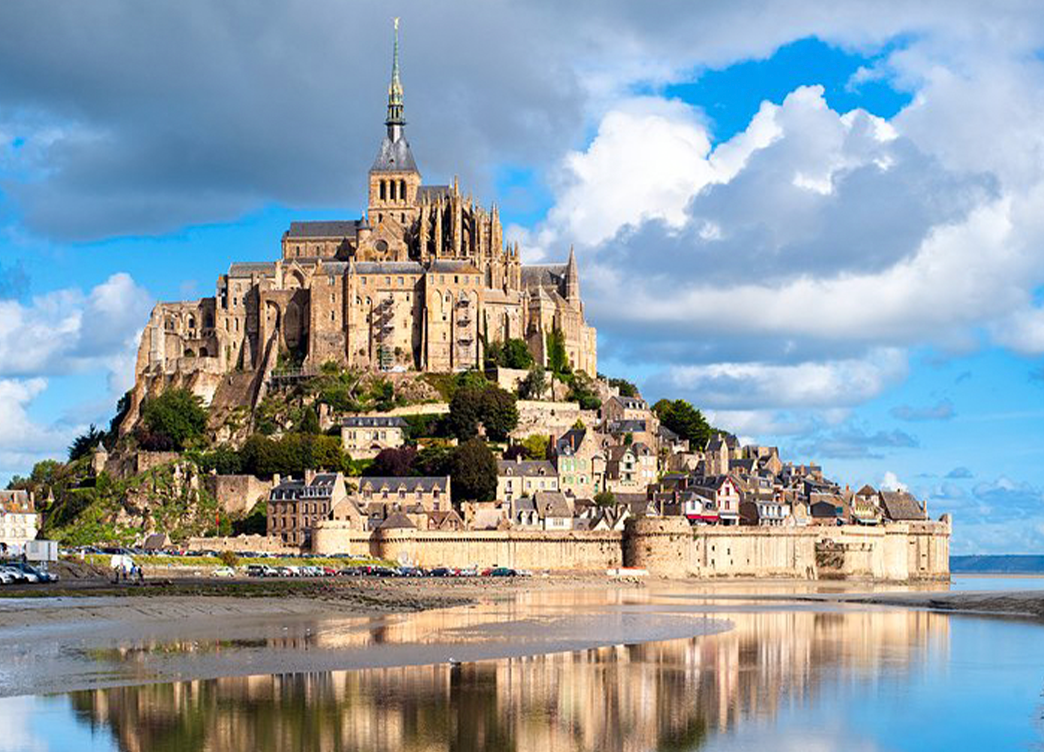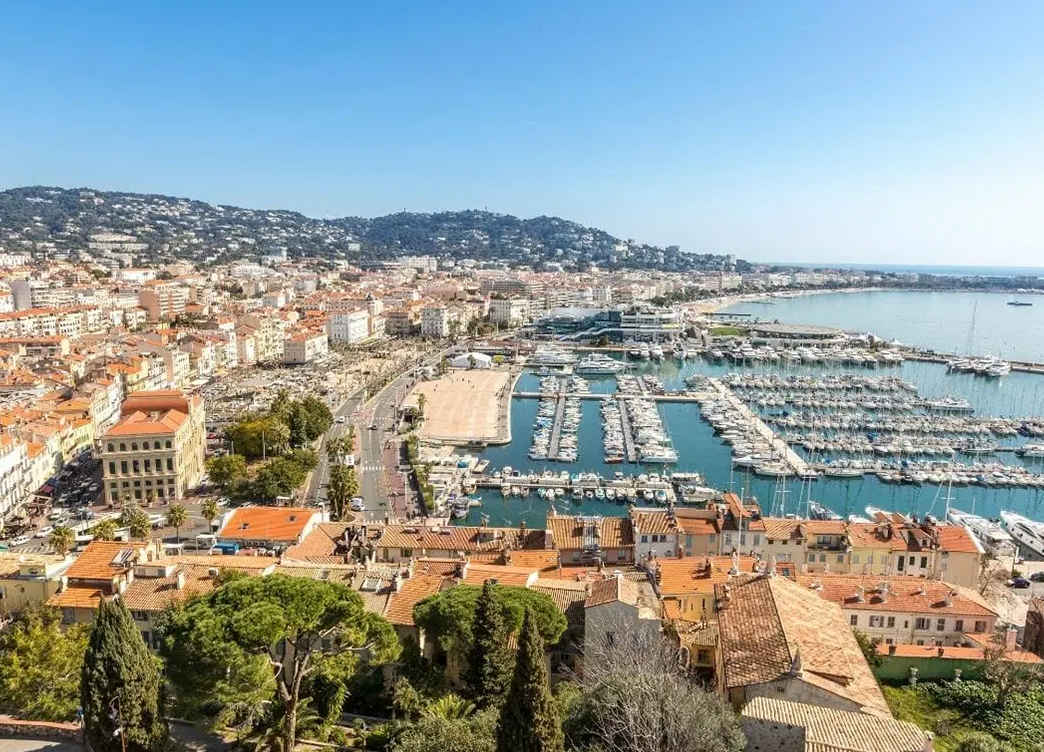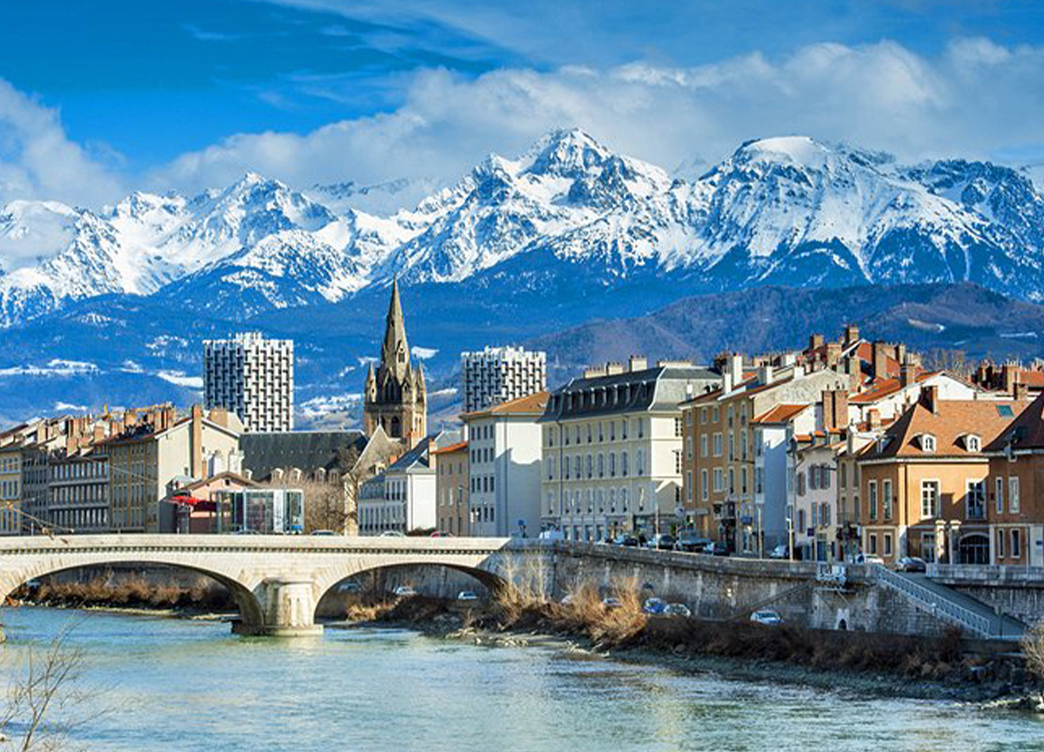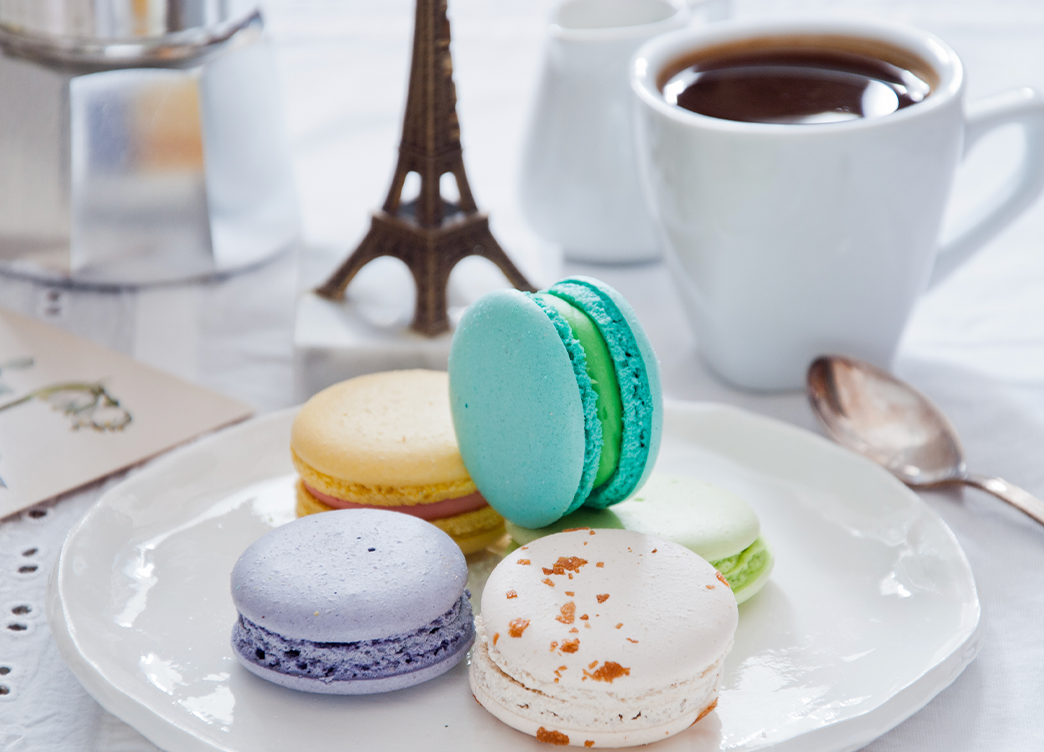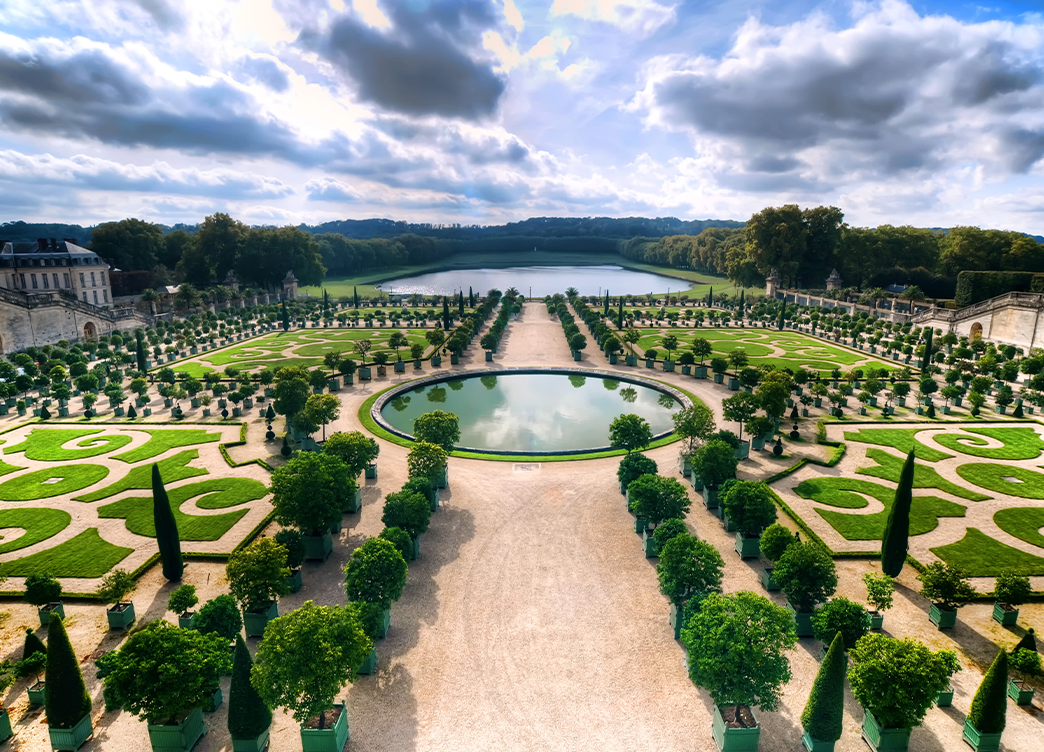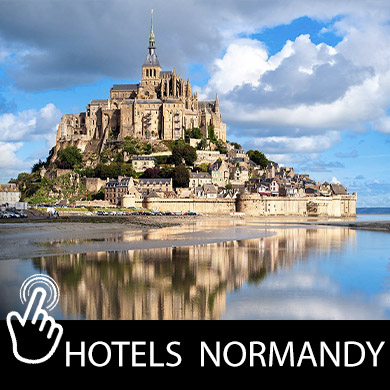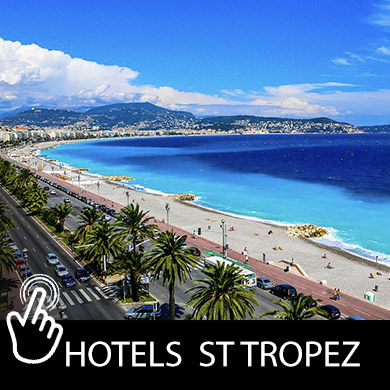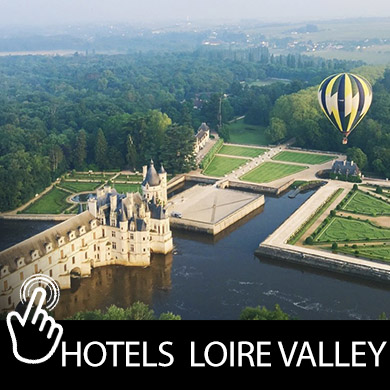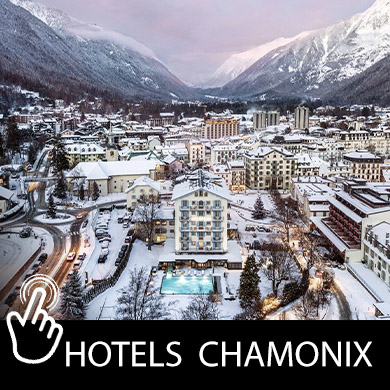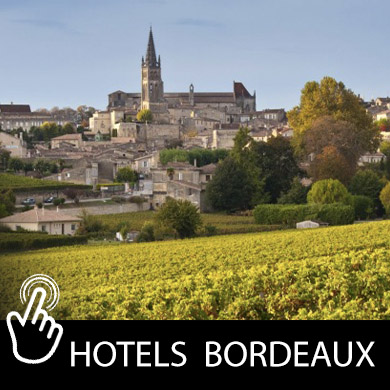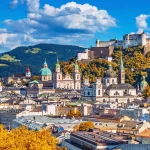France
WHAT CAN I EXPECT FROM FRANCE?
France offers a visual and sensory overload from its amazing capital Paris, through to it’s Alps and champagne regions you will be mesmerised buy it’s beauty. Paris is the capital, and it wouldn’t be a visit to France without a visit to Paris. From eating in the exclusive Michelin-starred restaurant at the Eiffel Tower to exploring the city streets with it’s small specialty patisserie’s and Cafes and being awestruck by Notre-Dame and l’Arc de Triomphe the Louvre with it’s priceless artworks and the palace of versailles. Paris is an amazing city that will leave you never wanting to leave.
The Bordeaux region of France is famous for it excellent wine. There are vines as far as the eye can see. The region produces Cabernet Sauvignon, Merlot, Petit Verlot, Malbec and Cabernet Franc. You can visit a winery and enjoy top quality french wine at a fraction of the cost you would pay at home.
You can also visit the north coast region of Normandy which is one the great historic regions of France. You visit the town of Giverny and the home of Claude Monet. The Normandy beaches with is the site of the D-Day Landings in World War 2 – Omaha Beach, Juno Beach, Utah Beach and the others. There are monuments, museums and the war graves of the thousands who gave their lives. The towns of Bayeux, Falaise, Rouen which are all old towns with a medieval fortress and picturesque historic center.
The Alps! This is one of the most Amazing regions in France. Explore the stunning towns of Annecy, Chamonix, Saint-Véran and Beaufort Sur Doron is a must. The Alps region has some of the most magnificent natural scenery in Europe, with clear lakes, Waterfalls, awe-inspiring mountains and pristine forests. Activities you can enjoy are hiking, biking, and mountain climbing in summer, skiing and snowboarding in winter. You will be amazed by the abundance of cultural and natural attractions to discover in this amazing region of France.
The French riviera which is a complete contrast to the northern regions has amazing beaches, beautiful towns, small medieval villages and spectacular attractions. The riviera is famous for its gorgeous scenery, laid-back lifestyle, sandy beaches, boutique shopping. It’s famous towns of St Tropez, Nice, Cannes, Antibes, Eze, Grasse and the independent state of Monaco are must visit destinations. Spend time walking the promenades along the beach or just people watch from sidewalk cafés or live the Meditation life and charter a private yacht from Cannes or fly over Nice in a helicopter. All this and so much more is on offer on the riviera.
Finally the Loire Valley, which is two hours southwest of Paris, offers the greatest collection of château experiences in France. The château were built by noble families who’ve lived in them for centuries with immaculately manicured gardens that you can explore and stay even spend a few nights. Once amazing way to see parts of the Loire Valley is by hot air balloon. You can admire the castles from the air flying over the castle of Chenonceau or Chambord, glide above the sandy shores of the Loire, and admire the vineyards stretching out to the forests. This is amazing region that you should just take you time to explore
THINGS TO SEE AND DO IN FRANCE
• Cruise through the heart of Paris
• Provence’s lavender fields
• Loire Valley châteaux in a hot-air balloon
• Visit Château de Versailles
• Chamonix, Mont-Blanc
• Tour the Champagne cellars in Épernay
• Mont St-Michel in Normandy
• Strasbourg’s historic Christmas market
• The Louvre Museum
• Eiffel Tower
• Cathedral de Chatres
• Notre Dame Cathedral
• Arc de Triomphe
• The Sanctuary of Our Lady of Lourdes
• Pont du Gard
• Carcassonne Medieval City
• Old Town of Oradour-sur-Glane
• St. Tropez Beaches
• Marne-la-Vallée, Paris: Disneyland Resort
TYPICAL COSTS WHEN TRAVELING
Many people want to visit France and wonder what the budget would be. Like all vacations, the cost depends on the level of flights, accommodations and how you want to spend time. France offers options for all budgets.
Cost of Flights –
How much does it cost to fly to France? The high season for flying to France is July to August — prepare to pay 30% to 40% and more for your return flight to France during this time. The period from September to November is considered low season with the average cost for flights generally cheaper.
Flights from the US range from $900 – $1400 (approximate)
Flights from Asia range from $780 – $1100 (approximate)
Flights from Australia range from 1100 – $1900 (approximate)
Flights from New Zealand range from $1800 – $2200 (approximate)
Flights from Canada range from $750 – $1100 (approximate)
Flights from South America range from $1350 – $1800 (approximate)
Flights from South Africa range from $700 – $1200 (approximate)
Flights from London range from $100 – $200 (approximate)
Flights from UAE range from $600 – $1000 (approximate)
Accommodation –
There is a large variety of hotel types to choose from in France. All French properties meet a high standard of quality but also have their own identity. You will see Modern hotels with a clean design sit side-by-side some of the countries most elegant original architecture.
Hotels in Austria range from $100 – $900+ Per night (approximate)
Click below to look through a list of hotels.
Food –
The average cost of food and drinks for a day in France is 65.00 € per day for one person. French street food is amazing and highly recommended, will cost you around 10.00 € (9.00$). A Meal for two People at a Mid-range Restaurant with Three-course will cost approximately 70.00 € ($65.00US).
A bottle of water in France can vary between north and south and between brands. On average the cost is approximately 0.75 € (0.70$). A soft drink is around 2.55 € (2.35$) when you buy it in a supermarket. A beer would cost you around 6.00 € (5.80$) when you buy it in a bar. Alcoholic cocktails in bars and night clubs are 7.00 € (6.30$) per cocktail.
Croissant bought in a bakery – 1.10 €
Croissant in a café – 1.70 € -2.20 €
Café noir (espresso) in a café – 2.60 €
Café au lait in a café – 3-6 €
Soft drink in a café – 3.50 € – 5.50 €
Glass of wine (14 cl) in a café – 4 € – 6+ €
Bottle of wine in a shop – 2.50 € – 20+ €
Carafe of wine (50cl) in a restaurant – 8 € – 20 €
Bottle of wine in a restaurant – 12 € -30+ €
Glass of draft beer (25 cl) in a café – 4 € – 6 €
Sandwich (take-away) – 3.50 € – 6.00 €
Light lunch in a café – 8 € – 18 €
Budget dinner with wine – 17 € – 25 €
Moderate dinner with wine – 35 € – 55 €
Transportation –
France has a highly developed transportation network of highways, passenger trains, waterways, and flight services.
Aircraft
Many cities in France have international airports: Paris, Bordeaux, Lyon, Marseille, Nice, Strasbourg, Toulouse.
These cities are are also accessible via domestic flights. Air France the national airline, has many flights per day between Paris and most large cities with the average flight time being one hour.
Trains
The railway network is the SNCF. If you entering France via England the Eurostar is the most convenient means of transport.
There are 5 main train stations in Paris, Gare du Nord, Gare de l’Est, Gare de Lyon, Gare d’Austerlitz and Gare Montparnasse each can be easily found on the Paris Métro or RER network.
Ferries
The ferry is another way to travel to France via England. A number of operators have regular services out of Dover arriving in the north-east of France. For people looking to explore the Mediterranean further then there are also regular ferries to Corsica, Nice, Toulon and Marseille.
Buses
Eurolines have a great network and cover all major European capitals from Paris by coach. They also have an extensive national network within France, covering 224 French destinations.
Cars
To drive in France, you must be in possession of the following
A) Your national driving license or if you’re not an EU citizen a international driving license)
B) A certificate of registration, which is called “la carte grise” in France
C) A certificate of insurance
You can also rent a car in France. You will be able to find rental companies at each airport and in most train stations in the country.
Here are some road rules to respect whilst driving in France:
- The speed limit is 50km/h (30mph) in cities, 90km/h (60mph) in regional areas and 130km/h (78mph) on motoways unless indicated otherwise.
- The minimum driving age is 18.
- In France, you drive on the right hand side of the road.
- Seat belts are a requirement by law and must be fastened by passengers in the front as well as in the back of the vehicule at all times.
- The use of a mobile phone while driving is illegal unless in use with Bluetooth or handsfree.
- The maximum blood alcohol limit is 0.5mg/mL
- The use of psychoactives whilst driving is strictly prohibited.
- It is recommended to have your headlights on low during the day.
- It is mandatory to have a high-visibility vest and hazard triangle in your car at all times in case of emergency.
.
MONEY SAVING TIPS
1. Purchase a City Pass
Most city’s tourism offices offer a sort of City Pass, which includes museums and main landmarks. It’s usually a good deal if you’re planning to visit a lot of museums, if not, I’ll advise comparing the individual prices for the places you want to visit to the overall cost of the pass.
2. Order the “Menu du jour” at the restaurant
French gastronomy is a whole part of a trip to France and one of the top experiences to have while there. Unfortunately, restaurants in France are not super budget-friendly. To still enjoy a good meal at the restaurant without breaking the bank, check out restaurants that offer a “Menu du jour” (menu of the day). It will usually include 2 to 3 courses, maybe a drink, and will cost around 10 to 15 euros. You can usually choose between a couple of dishes, but sometimes it’s a set menu.
3. You don’t always have to tip
The French are a friendly and hospitable people, but they don’t believe in leaving tips. The average wait staff is paid well enough that it’s not necessary to tip them. You can show your happy with the service and meal by returning for another meal!
4. Eat at the bakery
When you’re out and about on the town, there are always bakeries that will suit your taste. You can get great deals with tasty food for less money than restaurants or cafes. You’ll find all types of sandwiches plus quiche with different sauces available. There might even be some French desserts waiting just around the corner-perfect ending your meal on an sweet note!.
5. Buy your train tickets in advance
Traveling by train in France can be expensive, but there are ways to keep it affordable. Last-minute tickets cost can be 5 times more expensive . You should book 3 months ahead of time or risk paying higher rates for round trip purchases as well! One way is always cheaper than two so if your travel plans include only one destination then consider booking this type of ticket first before looking further down the line when fares improve again
6. You don’t need to rent a car
While traveling in France on a budget, renting a car is really not necessary. You can go anywhere with public transportation and having a car in big cities is such a pain, it’s hard to find a parking spot near the city center and it’s never free.
7. Visit France during the off-season
This is a great time to visit! With prices lower than usual, you can save money on flights and accommodations. I recommend that visitors plan their trip around shoulder season – May through September or October; this will ensure that there aren’t too many tourists when you arrive (saving plenty of patience) as well as giving yourself more flexibility with arrival/departure dates which could help lower airfare costs even further. In addition travel during these months provides an opportunity not only enjoy beautiful weather but also find plenty to do while visiting local sites.
8. Shop at markets or grocery stores instead of dining in restaurants
Shopping for food in France is an experience not to be missed. Smaller markets will typically carry local products and ingredients, which are not subject to import fees – making them cheaper than the grocery store across town! Do keep in mind that when shopping for groceries in France or other European countries, food does not last as long due to restrictions on preservatives and other artificial additives that can be common in American foods. Buy only what you would need for a few days to avoid spending money on food that will perish and be wasted.
9. Take the back roads.
Renting a car in France and exploring on your own is an amazing way to take time out of the day-to see places that are off most visitors’ radars. You’ll find little towns with unique shops or excellent bakery treats, as well as photo opportunities galore! If you want save money on the autoroute tolls and aren’t in rush, take departmental roads which are often full with beautiful countryside as well unlike highways where one sees little. I recommend renting a car when traveling around France since they’re very affordable compared other forms public transportation like trains/planes etc., plus offer greater flexibility depending on your itinerary
10. Check out all of the free events.
France is a land of culture and that means there are plenty cultural events to go around – especially in the summer months. Check out free activities your destination has available ranging from music festivals, photo-ops with artists at their studios or churches full of marketplaces where you can buy authentic local produce alongside tasty treats on offer. They’re just as worthy of a visit as paid attractions. Tourism offices are a great resource for seeing what’s going on and when.
29/10/2022



